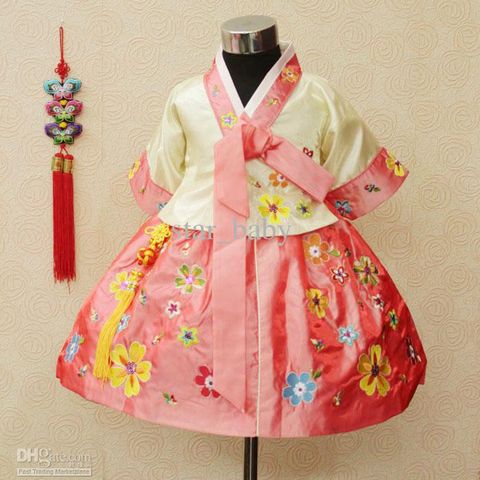Jin Ahn Personal Narrative #WOEnglish #NortonELA3 # ThisIBelieve

Download and listen anywhere
Download your favorite episodes and enjoy them, wherever you are! Sign up or log in now to access offline listening.
Description
In this essay, I described my journey to accepting myself. I was born in Gyeonggi-do, South Korea but moved to the United States at only five months old. I had...
show moreI was born in Gyeonggi-do, South Korea but moved to the United States at only five months old. I had grown up in a small town in Oklahoma where there was little to no diversity; I was surrounded by white people and American culture. One moment that made me realize I was different was in first grade, all the kids in my grade were squished together sitting in bleachers. I remember looking down at a boy staring at me, that is when he asked me why I looked so different compared to him. Never had I noticed my physical differences till that day. Even though I was surrounded by others so different than me it never occurred to me that I stood out. After that occurrence, many insecurities arose that led to me being very inclined to see my differences. It seemed as though after that I was told by so many others how much I contrasted from them. On many occasions, another boy would ask me to speak my language. When I was asked this, I did not know how to respond since my language was English, but when I remembered my dissimilarity I made up some noises and told him that it meant something in his language. As a child I would always love looking at pictures of me with my family in Korea, seeing all the small glimpses of the life I could have easily lived. I loved seeing my small hanbok and I felt pride within it. I treasured the small things I had of my Korean culture. But as I grew older I became more interested in how to better blend in with those around me. I strayed away from the small connection I had with my motherland. From third grade, I vividly remember the question “What are you?” Sometimes I would answer with “Jin” and they would say “No, like what are you?” One specific time a woman told me that she loved visiting Chinese restaurants, that my people are very sweet. At a young age, I began to realize that to others my worth was being made up by only what they perceived of me. My determination to blend in only grew stronger and I became my biggest judgment. I remember in sixth grade, listening to Korean music and having a feeling of both shame and guilt because I understood nothing. But at the same time, I had little interest to try to grow close with my Korean culture. Though once I hit ninth grade something had changed. I went to Chicago over my summer break and there I saw a diverse set of people. I remember looking around and seeing the light turn green with cars honking and the hot breeze pushing against my face. People passing by me and feeling the weight recollect back into the world around me. For a moment I felt like I was not just one completely different person in a world full of the same exact people. Not only did I feel like less of a minority ethnically but also rationally. After that trip, I slowly started to want to become my own person and not just blend in. I began to learn Korean and understand the culture better. I embraced my Korean name and began to love it. I realized that the differences I should have embraced rather than disconnect from. To understand yourself more is a good thing. I know that within the past years I have grown into a much different person than who I was before. I’ve learned that there is no way out of being who you are. Like Sylvia Plath suggested in her quote “Is there no way out of the mind?” Be your own individual and do not allow others to make you deny it, not even yourself.
Information
| Author | Samuel Ramirez |
| Organization | Samuel Ramirez |
| Website | - |
| Tags |
Copyright 2024 - Spreaker Inc. an iHeartMedia Company

Comments